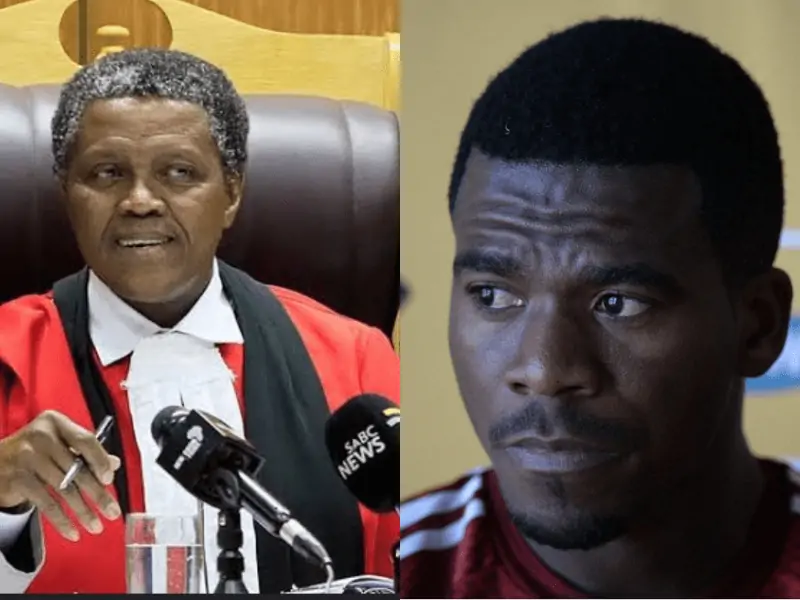
As the trial within a trial in the Senzo Meyiwa murder case approaches its conclusion, both anticipation and scrutiny mount. This pivotal legal battle has captivated the attention of South Africans, seeking justice for the slain soccer star. With the recent closure of cases on the admissibility of confessions by two accused individuals, Muzi Sibiya and Bongani Ntanzi, the courtroom drama intensifies.
The heart of the matter lies in the allegations put forth by Sibiya and Ntanzi, who claim that they were coerced into confessing through methods of torture. These confessions are central to the prosecution’s case, yet their validity hangs in the balance as the court weighs the circumstances under which they were obtained.
In a country grappling with issues of police brutality and coercion, the claims made by Sibiya and Ntanzi strike a chord with many South Africans. The specter of injustice looms large, casting doubt on the integrity of law enforcement and the judicial process itself.
For the families of Senzo Meyiwa and the broader South African public, the outcome of this trial carries significant implications. Beyond the quest for closure in a high-profile murder case, it serves as a litmus test for the credibility and fairness of the legal system.
As the prosecution questions the credibility of Sibiya and Ntanzi’s versions of events, the defense counters with fervent arguments in defense of their clients. Each twist and turn in the courtroom saga adds layers of complexity to an already intricate case.
In the pursuit of justice, the court must navigate a delicate balance between upholding the law and safeguarding the rights of the accused. The principles enshrined in South Africa’s constitution serve as a guiding light, ensuring that justice is not only served but perceived to be served by all.
The echoes of past injustices reverberate through the halls of the courtroom, reminding all present of the weight of history. In a country scarred by apartheid and its legacy of oppression, the pursuit of justice takes on added significance.
As the trial within a trial draws to a close, the eyes of the nation remain fixed on the proceedings. The outcome will not only determine the fate of the accused but also shape the narrative of justice in South Africa.
In the digital age, where information flows freely and public opinion holds sway, the impact of this trial extends far beyond the walls of the courtroom. Social media platforms buzz with debate and speculation, reflecting the collective conscience of a nation hungry for truth and accountability.
Amidst the clamor of voices vying for attention, the importance of accurate and insightful reporting cannot be overstated. Journalists play a vital role in shaping public discourse, providing context and analysis to help make sense of complex legal proceedings.
In accordance with Google’s guidelines for helpful content, it is imperative that news articles are informative, relevant, and trustworthy. By adhering to these principles, journalists can ensure that their reporting reaches a wider audience and contributes to a more informed society.
As the Senzo Meyiwa murder case inches closer to its conclusion, it serves as a reminder of the enduring quest for justice in South Africa. In a country where the scars of the past are still fresh, the pursuit of truth remains an ongoing struggle.
Ultimately, the true test of a nation’s character lies not in the presence of injustice but in its response to it. As South Africa grapples with the complexities of its past and present, the Senzo Meyiwa murder case stands as a stark reminder of the work that remains to be done in the pursuit of a more just and equitable society.
This website uses cookies.